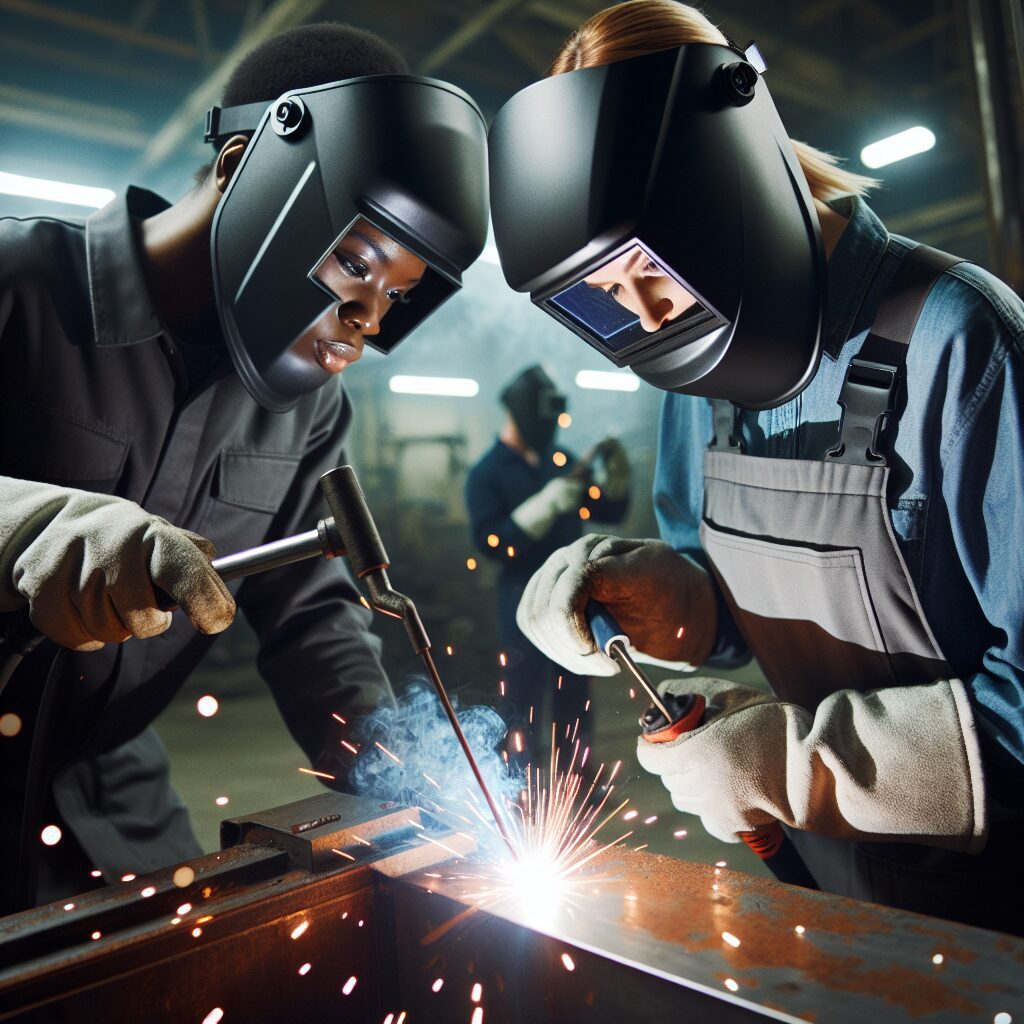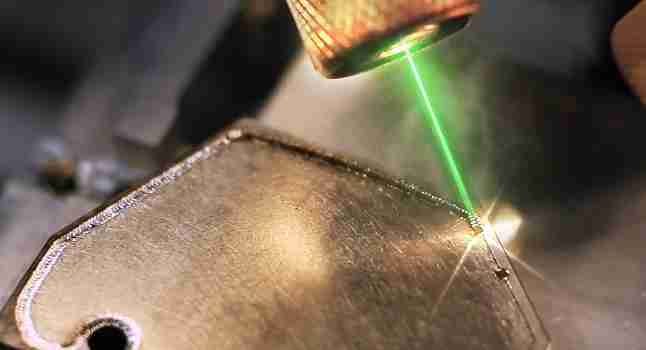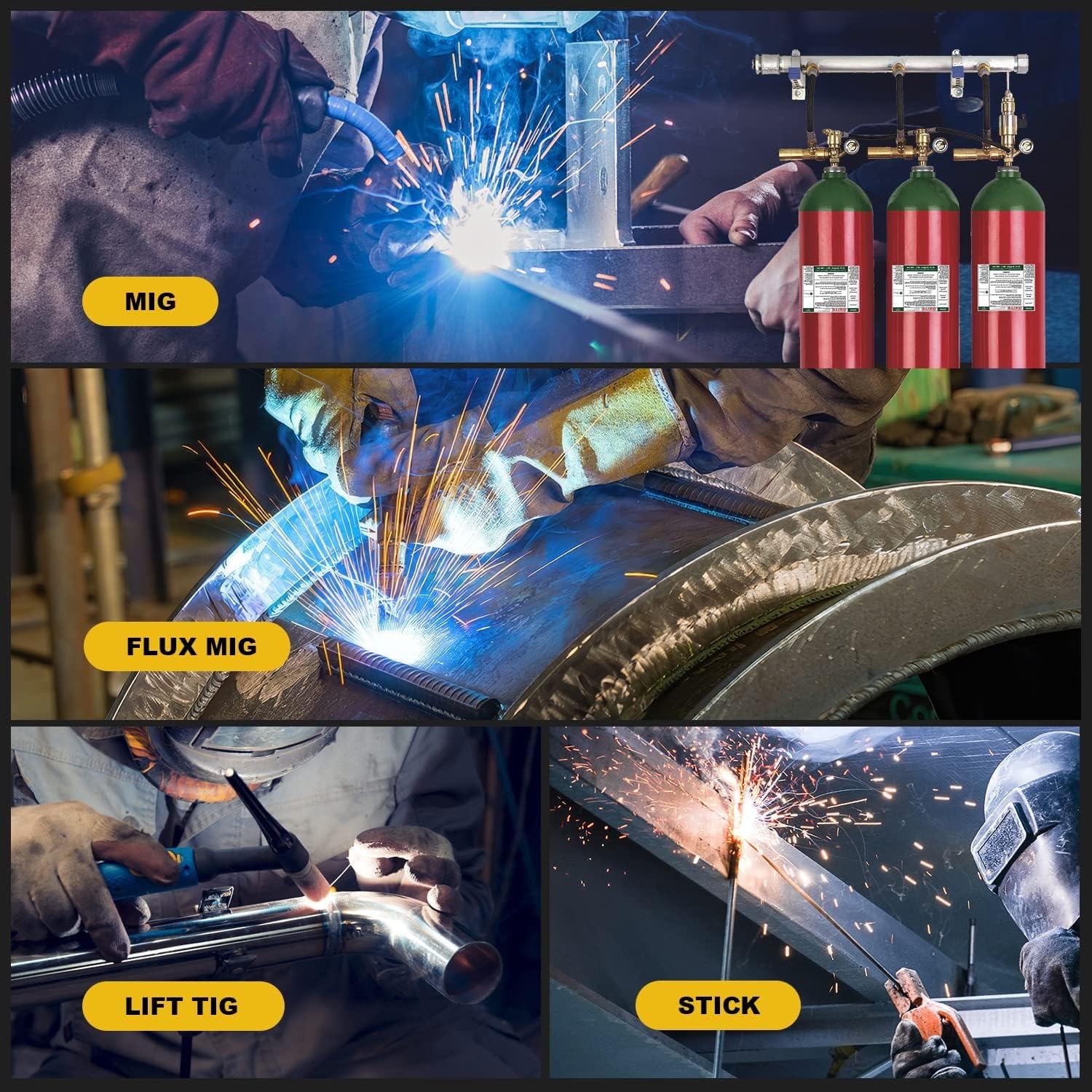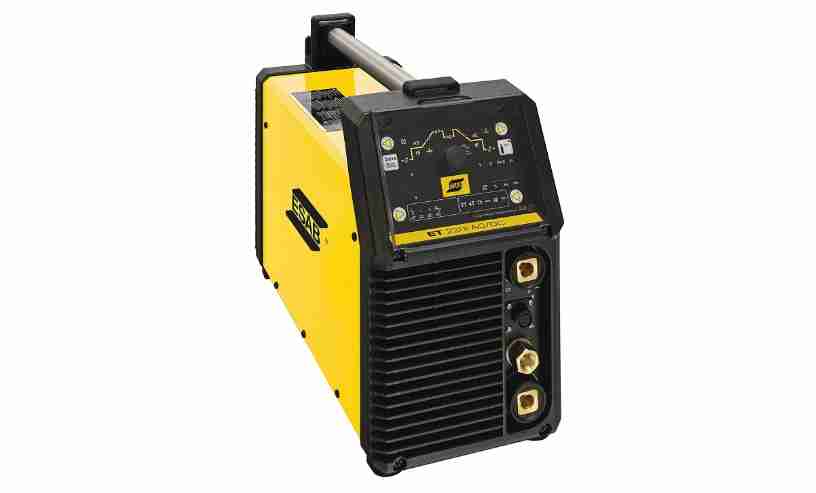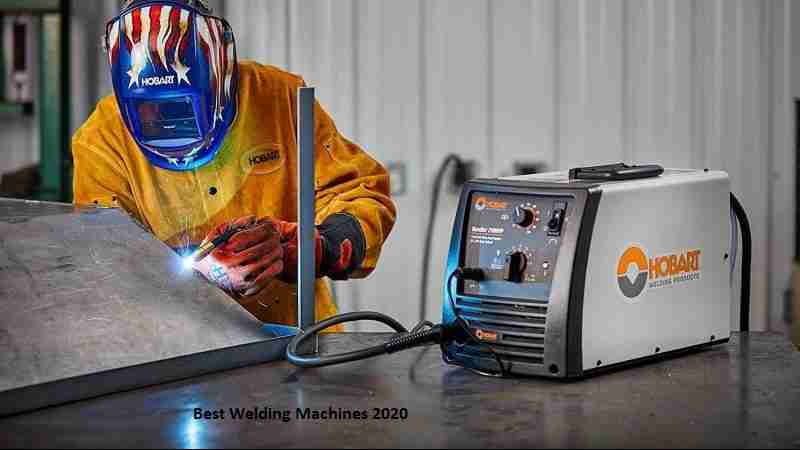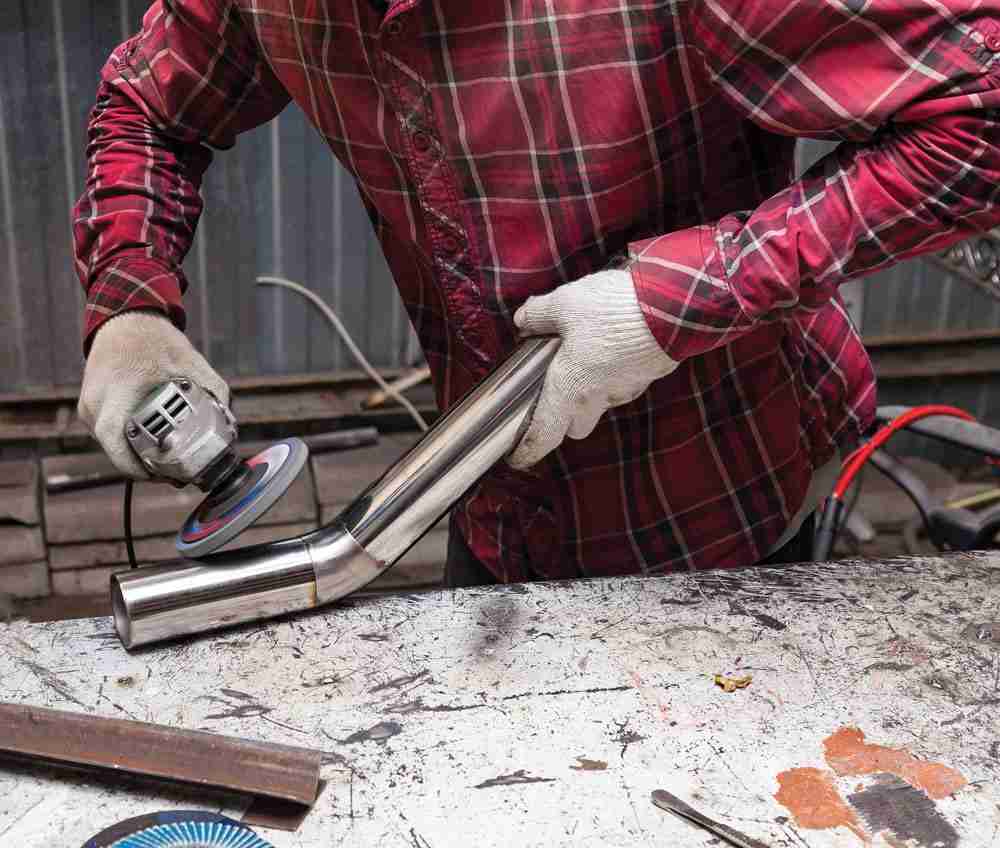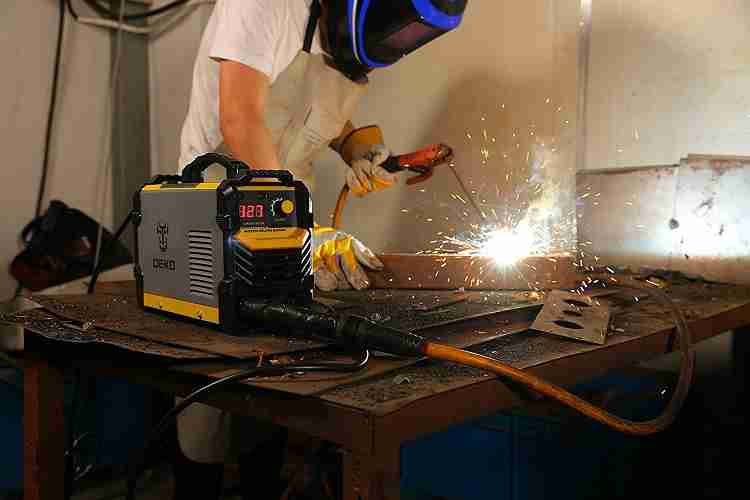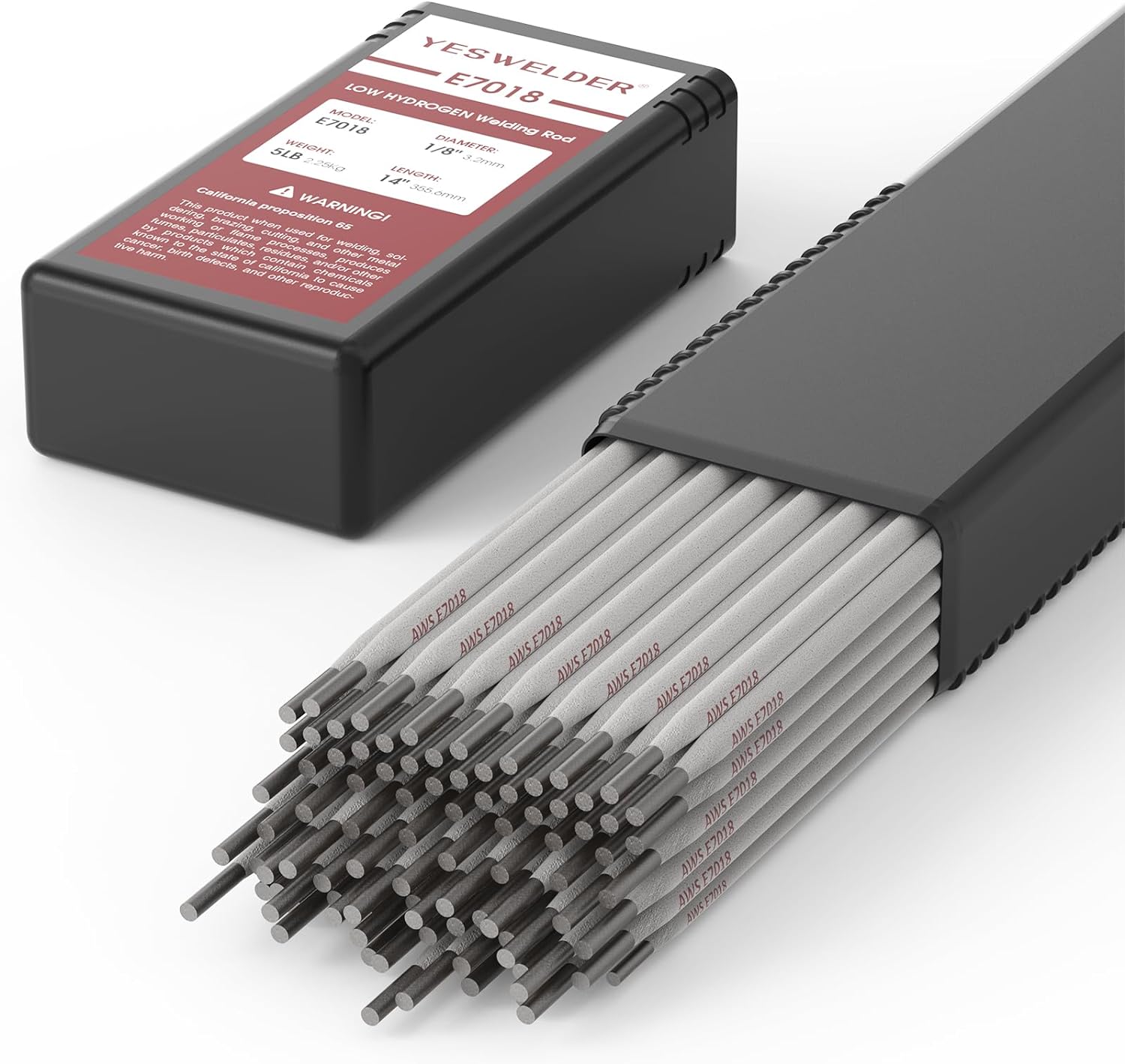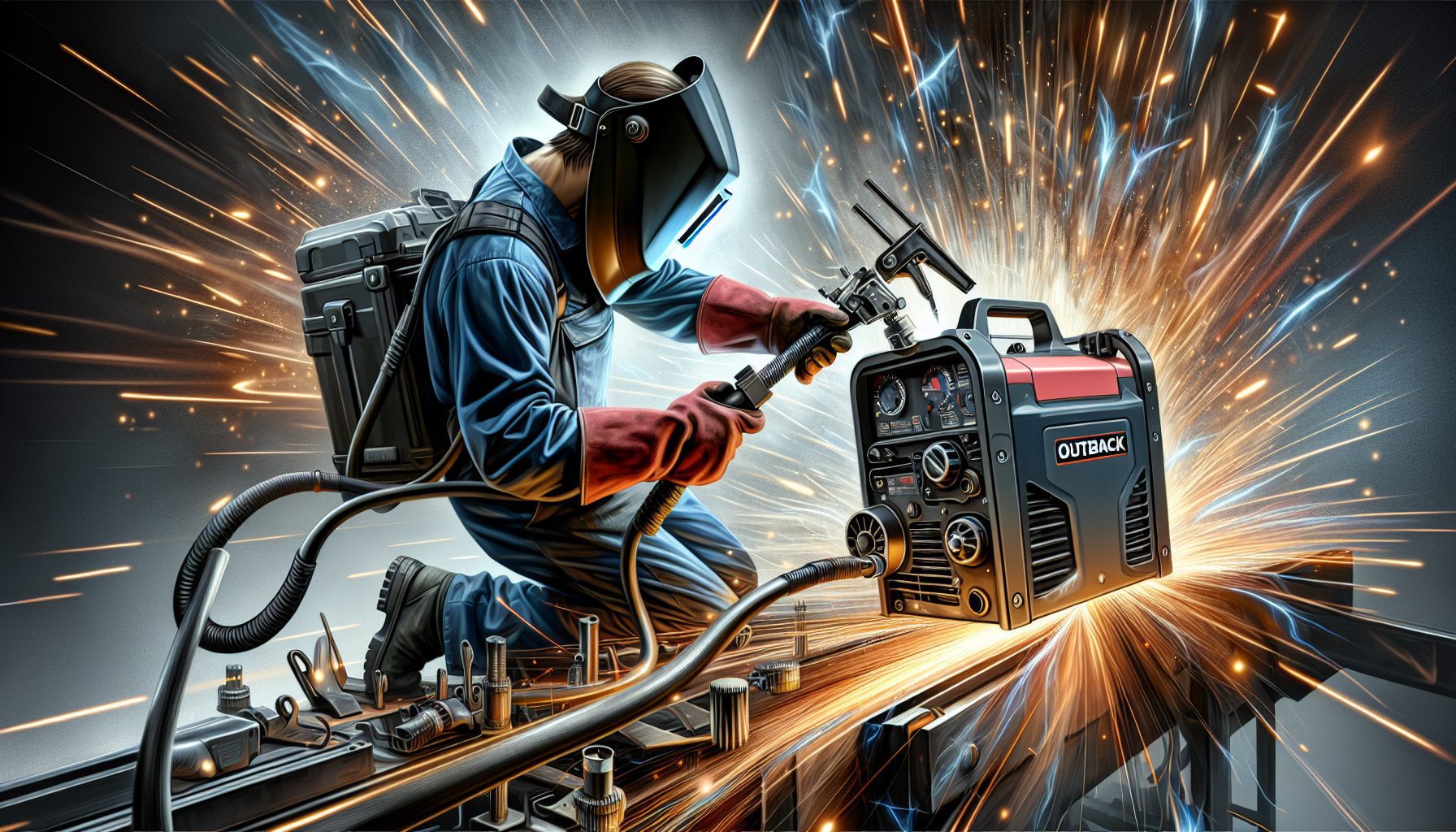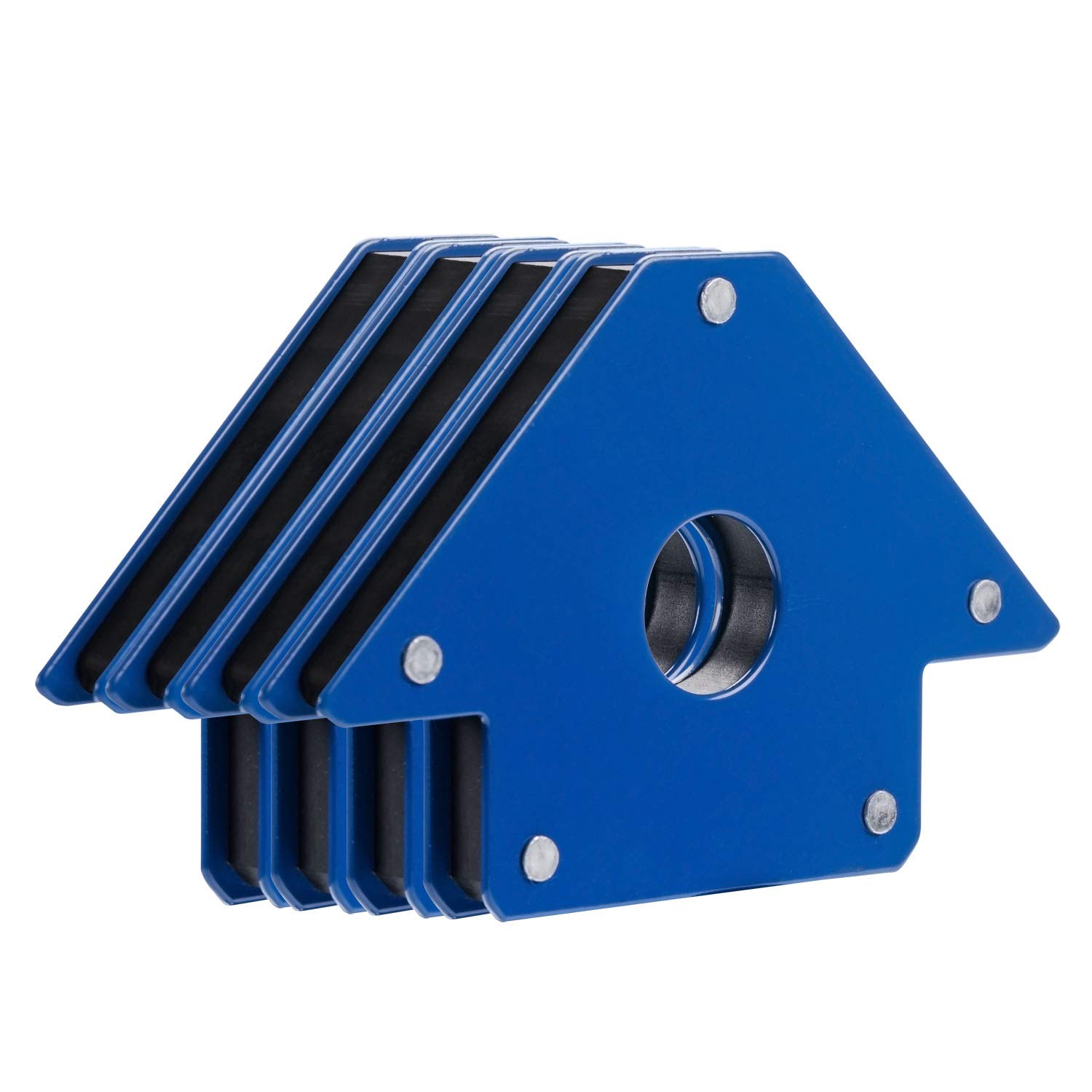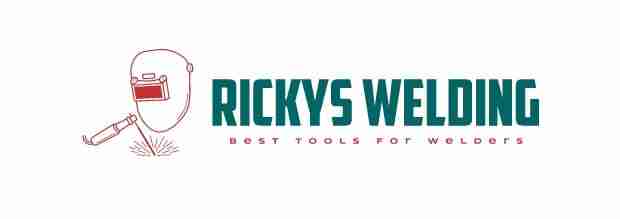If you’ve ever wondered about the essential skills and abilities that make a good welder, look no further. In this article, we’ll explore the key qualities that contribute to welding success. Whether you’re a beginner looking to start a career in welding or simply curious about the trade, understanding these skills and abilities will give you an inside look at what it takes to become a proficient and highly sought-after welder. So, let’s dive right in and discover the fascinating world of welding! Being a good welder requires a combination of technical skills, safety skills, physical abilities, attention to detail, problem-solving skills, communication skills, time management, critical thinking, continuous learning, and adherence to codes and standards. Let’s explore each of these areas in more detail.
Technical Skills
Welding Processes
As a welder, you need to possess knowledge and proficiency in different welding processes such as MIG (Metal Inert Gas), TIG (Tungsten Inert Gas), and Stick welding. Each process requires specific techniques and equipment, and being skilled in multiple processes allows you to tackle a wider range of projects.
Blueprint Reading
Blueprint reading is an essential skill for understanding welding specifications and project requirements. You must be able to interpret technical drawings, symbols, and dimensions accurately to ensure proper alignment and welding procedures.
Measurement and Math Skills
Accurate measurement is critical in welding to ensure proper fitment and alignment of components. A good welder possesses strong math skills, including calculations involving angles, dimensions, and material thickness, allowing for precise cuts, layouts, and welds.
Material Knowledge
Different metals and alloys require specific welding techniques to achieve strong and durable joints. Understanding the properties of different materials, such as steel, aluminum, or stainless steel, ensures proper material selection and welding procedures, resulting in high-quality welds.
Welding Equipment and Tools
Familiarity with various welding equipment, tools, and machinery is vital for a welder. It includes knowledge of welding machines, torches, electrodes, wires, filler metals, clamps, grinders, and safety equipment. Knowing how to operate and maintain these tools ensures efficient and safe welding operations.
Heat Control
Controlling heat is crucial in welding to prevent material distortion, warping, or weak joints. Good welders have a keen understanding of heat control, ensuring the right temperature for welding while minimizing any negative effects on the surrounding material.
Safety Skills
Knowledge of Safety Procedures
Safety should be a welder’s top priority. Acquiring a comprehensive knowledge of safety procedures, including hazard recognition, risk assessment, and safe work practices, is essential. This knowledge helps prevent accidents and injuries in the welding environment.
Personal Protective Equipment
Welders must have a thorough understanding of Personal Protective Equipment (PPE) and its proper use. This includes wearing protective clothing, gloves, safety glasses, welding helmets, and respiratory protection to safeguard against welding spatter, harmful fumes, and ultraviolet radiation.
Fire Safety
Welding involves intense heat and sparks, making fire safety a critical skill. Understanding fire prevention, extinguisher use, and proper handling and storage of flammable substances reduce the risk of fire accidents in the workshop or job site.
Hazard Assessment
Identifying and assessing potential hazards is essential for a welder. This includes recognizing electrical hazards, toxic fumes, confined spaces, and other workplace dangers. By conducting regular hazard assessments, welders can implement preventive measures and work safely.
Physical Abilities
Hand-eye Coordination
Welding requires precise hand-eye coordination to manipulate the welding torch or electrode, ensuring accuracy in weld placement and penetration. Good hand-eye coordination allows for controlled movements and precise welds.
Steady Hand
A steady hand is crucial for producing clean and uniform welds. It allows for smooth torch manipulation and consistent deposition of filler materials, resulting in strong and aesthetically pleasing welds.
Manual Dexterity
Welding often involves intricate work, such as welding in tight spaces or complex joint configurations. Manual dexterity enables welders to handle welding tools and equipment with precision, ensuring proper joint preparation and weld quality.
Physical Stamina
Welding can be physically demanding, requiring prolonged periods of standing, carrying heavy equipment, and working in various positions. Good physical stamina allows welders to work efficiently throughout the day without compromising safety or quality.
Attention to Detail
Precision
Precision is a fundamental skill for a welder. Paying attention to small details such as joint fit-up, weld size, and bead appearance ensures that welds meet the required specifications. This attention to detail results in stronger and more reliable welds.
Ability to Follow Instructions
Welding projects often involve following detailed instructions, whether from blueprints, project managers, or supervisors. Being able to understand and implement instructions accurately ensures that the final product meets the required standards.
Visual Inspection
Visual inspection is crucial for assessing the quality of welds. Welders should possess the ability to identify defects, such as cracks, porosity, or incomplete fusion, and take appropriate actions to rectify them. A keen eye for detail ensures the integrity of the weld and overall project.
Problem-solving Skills
Identifying Defects
Welders encounter various defects during the welding process. These defects can compromise the strength and integrity of welds. Good problem-solving skills help in identifying defects such as cracks, undercutting, or excessive spatter and implementing effective solutions to repair or prevent their occurrence.
Repairing Welds
Occasionally, welds may require repair due to defects, misalignments, or other issues. Welders with problem-solving skills can assess the repair requirements, choose the appropriate techniques, and execute repairs to restore weld integrity.
Troubleshooting
Welding projects may face unexpected challenges or equipment malfunctions. The ability to troubleshoot and resolve issues efficiently ensures minimal downtime and maintains project progress.
Adapting to Unexpected Situations
Flexibility and adaptability are vital skills for welders, as projects may require adjustments or changes to initial plans. Being able to adapt to unexpected situations while maintaining quality and meeting deadlines is essential for a successful welding career.
Communication Skills
Interpreting Instructions
Effective communication is crucial both in understanding welding instructions and conveying information to others. Welders need to ask for clarification when necessary, ensuring that they have a clear understanding of project requirements and expectations.
Collaboration
Collaboration is often essential in welding projects, especially when working in a team environment. Good communication skills enable welders to work effectively with others, coordinating tasks, sharing knowledge, and ensuring smooth project execution.
Documentation
Accurate documentation, such as welding logs, inspection reports, or material records, plays a significant role in quality control and project management. Strong communication skills allow welders to effectively document their work, maintaining an organized record of their welding activities.
Time Management
Efficient Work Practices
Efficient work practices contribute to productivity and meeting project deadlines. Good welders manage their time effectively, organizing tasks, optimizing workflow, and minimizing downtime to ensure timely completion of welding projects.
Meeting Deadlines
Welding projects often come with strict deadlines. Being able to plan and prioritize tasks, estimate project duration, and manage time effectively ensures that projects are completed on time without compromising quality.
Prioritizing Tasks
Welders encounter multiple tasks and projects simultaneously. Prioritizing tasks based on urgency and importance helps manage workload effectively, ensuring that critical tasks receive the necessary attention and resources.
Critical Thinking
Analyzing Welding Techniques
Being able to critically analyze different welding techniques, equipment choices, and process parameters allows welders to choose the most suitable approach for a specific project. Critical thinking helps optimize welding processes, resulting in improved productivity and weld quality.
Evaluating Structural Integrity
Welders need to evaluate the structural integrity of welds to ensure they meet required standards and specifications. Critical thinking skills enable welders to identify potential weaknesses, assess load-bearing capacities, and make necessary adjustments or repairs as needed.
Problem Analysis
When faced with welding challenges, good welders approach problems from a logical and analytical standpoint. They systematically analyze the situation, identify underlying causes, and develop effective solutions to overcome obstacles and ensure successful project outcomes.
Continuous Learning
Staying Updated on Industry Advancements
The welding industry is continually evolving, with advancements in techniques, materials, and equipment. Good welders stay updated by attending seminars, workshops, or pursuing certifications, enabling them to incorporate new technologies and industry best practices into their work.
Improving Skills and Techniques
Continuous improvement is crucial for a good welder. By seeking opportunities to enhance their skills and techniques, welders can produce higher quality welds, increase productivity, and expand their capabilities.
Seeking Feedback
Constructive feedback from colleagues, supervisors, or quality inspectors is valuable for a welder’s professional growth. Embracing feedback humbly allows welders to identify areas for improvement and implement necessary changes, enhancing their overall performance.
Adherence to Codes and Standards
Knowledge of Welding Codes
Different welding codes and standards govern various welding applications and industries. Good welders possess a comprehensive understanding of these codes, ensuring that welds meet the required quality and safety standards.
Quality Control
Maintaining high-quality standards is paramount for welders. They must implement inspection processes, weld testing, and quality control measures to verify the integrity of their work, ensuring that welds meet specified requirements and withstand intended stresses.
Following Safety Regulations
Safety regulations and guidelines play a crucial role in welding. Good welders adhere to safety regulations to protect themselves and others. This includes safe handling of equipment, employing proper ventilation systems, and ensuring a safe work environment.
In conclusion, being a good welder requires a combination of technical skills, safety skills, physical abilities, attention to detail, problem-solving skills, communication skills, time management, critical thinking, continuous learning, and adherence to codes and standards. By continuously refining and honing these skills, welders can excel in their profession and produce high-quality welds that meet industry expectations.



